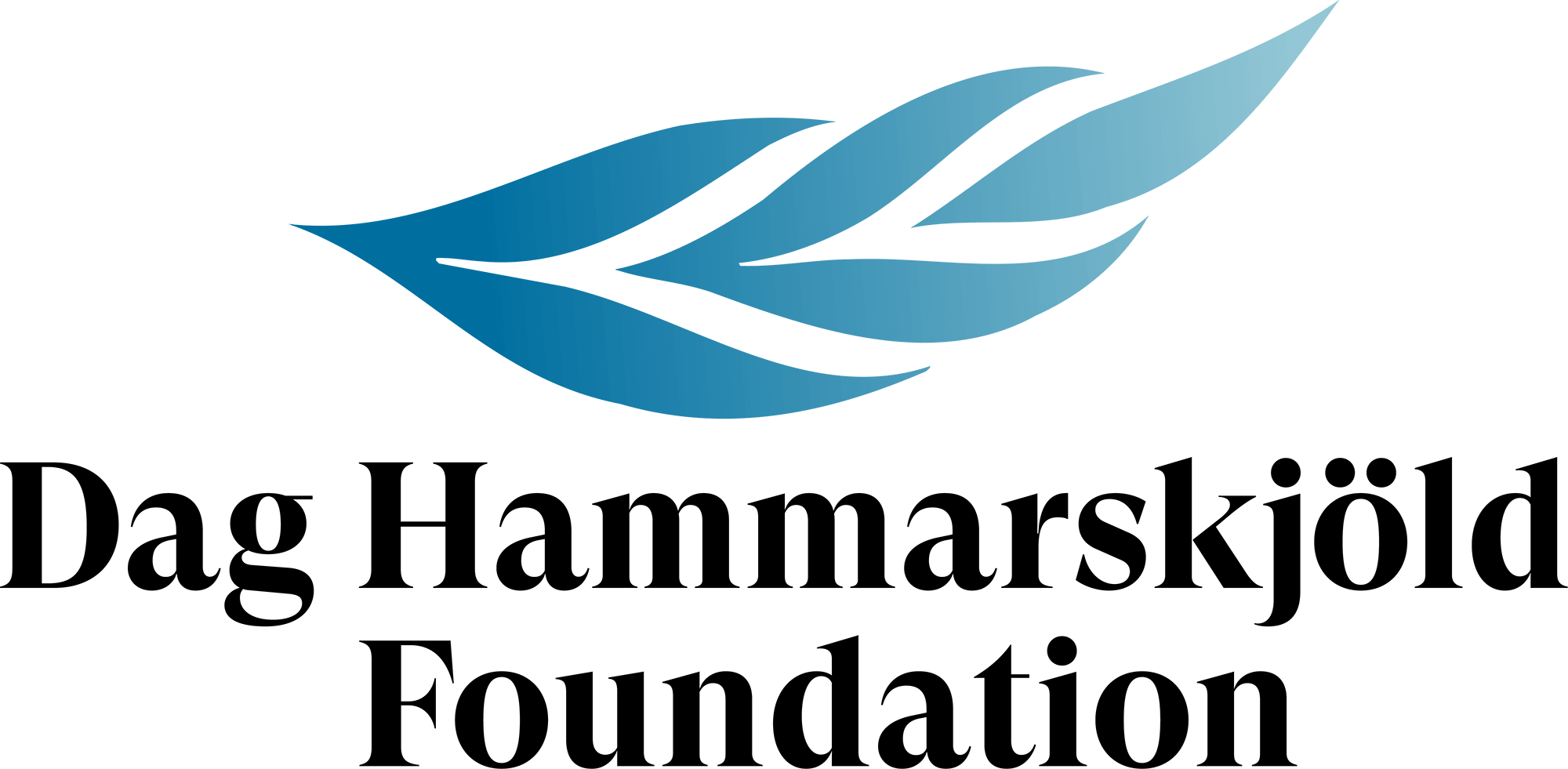The Dag Hammarskjöld Foundation and the UN Multi-Partner Trust Fund Office are partnering since the start of the Sustainable Development Goals (SDGs) implementation in 2016 with the production of the annual United Nations Development System (UNDS) Financing Report.
The report brings together data, analysis and expert voices with the latest on UN financing and how this can impact the achievement of SDGs. Its goal is to support policy makers, researchers, the general public and all stakeholders interested in improving their understanding of how the UN is financed to better support their shared goals.
This site hosts all the reports to date, with an option to download each edition. Stakeholders have easier access and can interact with the data through visualisations, allowing for an easier understanding of UN financing trends.
In the future, users can download the information behind many of the featured tables and graphs. Under the UN financing data and other resources you can find links to the official data sources such as UN CEB, DESA, OECD and others.
The marketplace of ideas hosts thought pieces by leaders and experts in humanitarian, development, peace and climate transition issues. Users can navigate and search by thematic areas, author and year. These insightful pieces are organised in key themes such as SDG financing, UN funding, UN reform, climate funding, humanitarian-development-peace nexus and more.
The Latest gives users the option to receive updates between consecutive editions.
Our objective is to host all these resources as an online repository to facilitate the work of Member States, UN entities, civil society, academia, journalists, and students. This will contribute to further the debates and collaboration on how to improve the quality of UN funding and SDG financing to support current and future challenges.
This is a living platform, making your opinion and insight are extremely helpful. Please send here suggestions on how to improve the site.
About the partners
Dag Hammarskjöld Foundation
The Dag Hammarskjöld Foundation is a non-governmental organization established in memory of the second Secretary-General of the United Nations. The Foundation aims to advance dialogue and policy for sustainable development, multilateralism and peace.
Learn moreMulti-Partner Trust Fund (MPTF) Office
The Multi-Partner Trust Fund (MPTF) Office is the United Nations centre of expertise on pooled financing mechanisms. Hosted by the UN Development Programme, it provides fund design and fund administration services to the UN system, national governments and non-governmental partners. The MPTF Office operates in over 120 countries and manages a total cumulative portfolio of US$ 16.5 billion in pooled funds, involving annually around 70 public and private sector contributors and over 90 participating organisations.
Learn more
